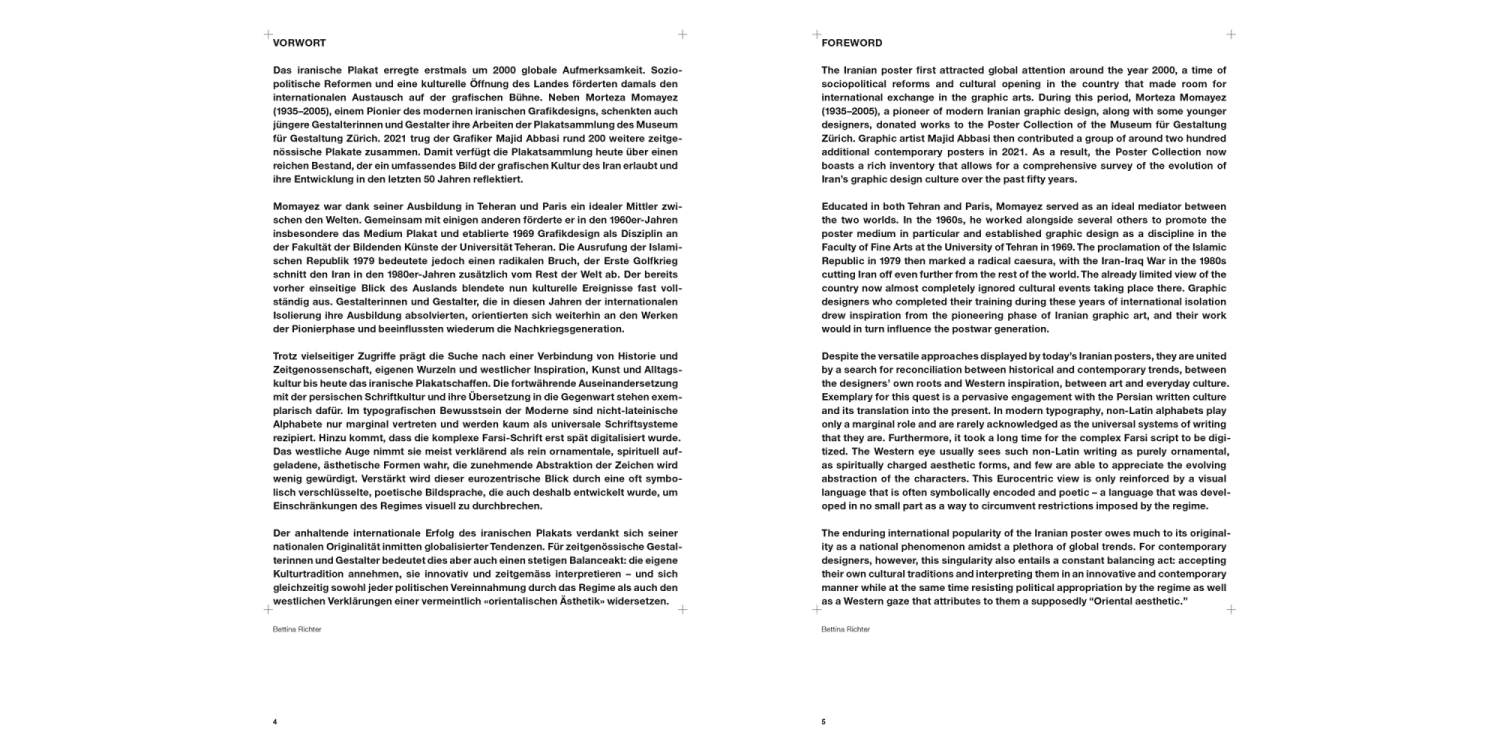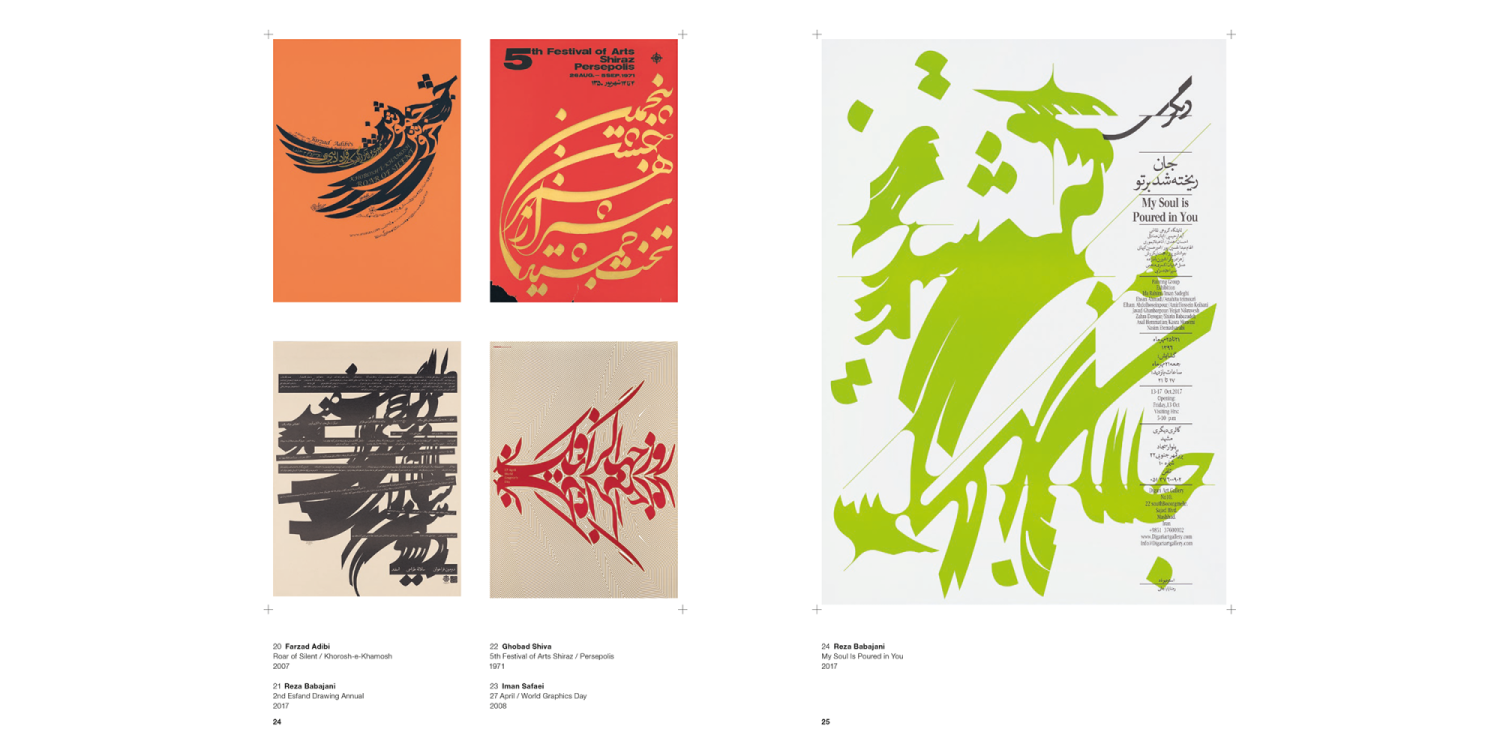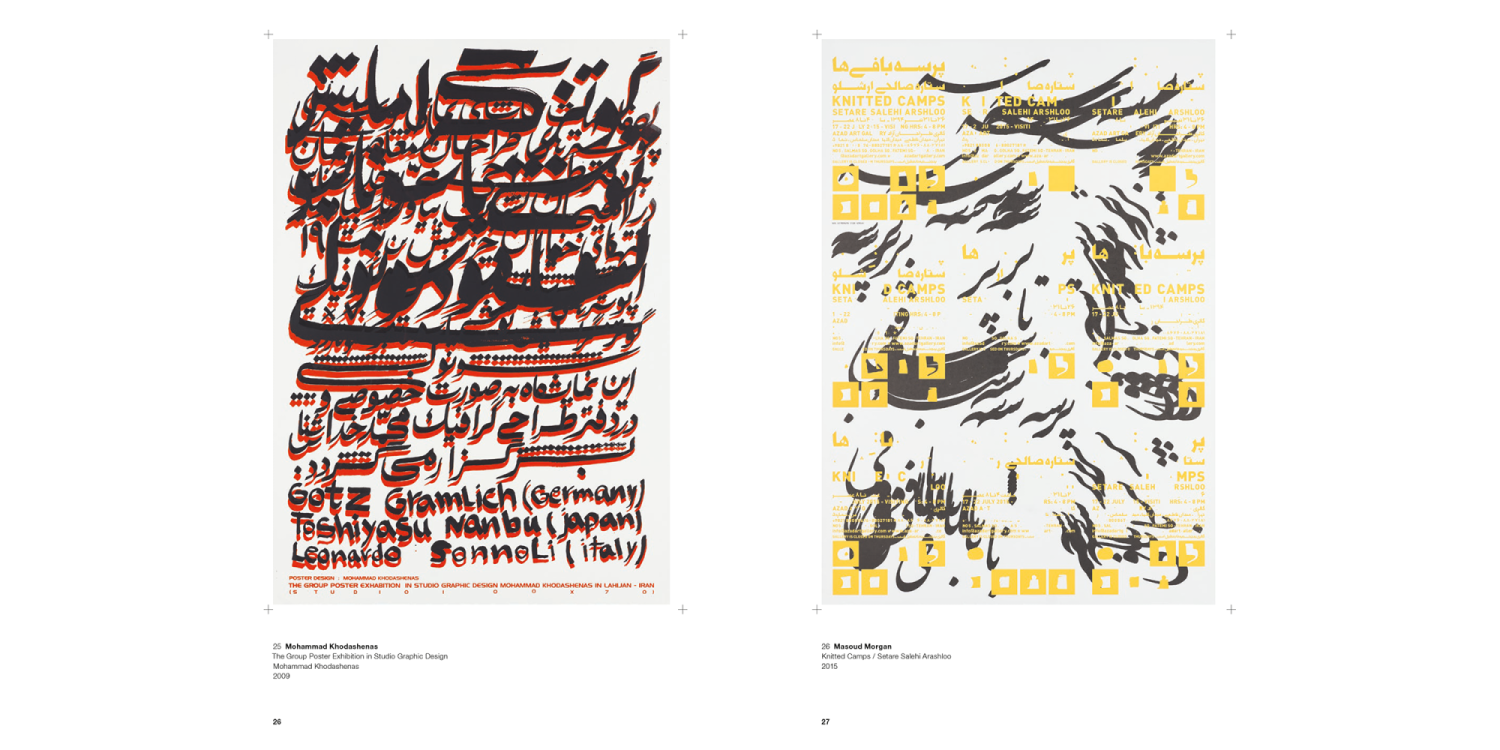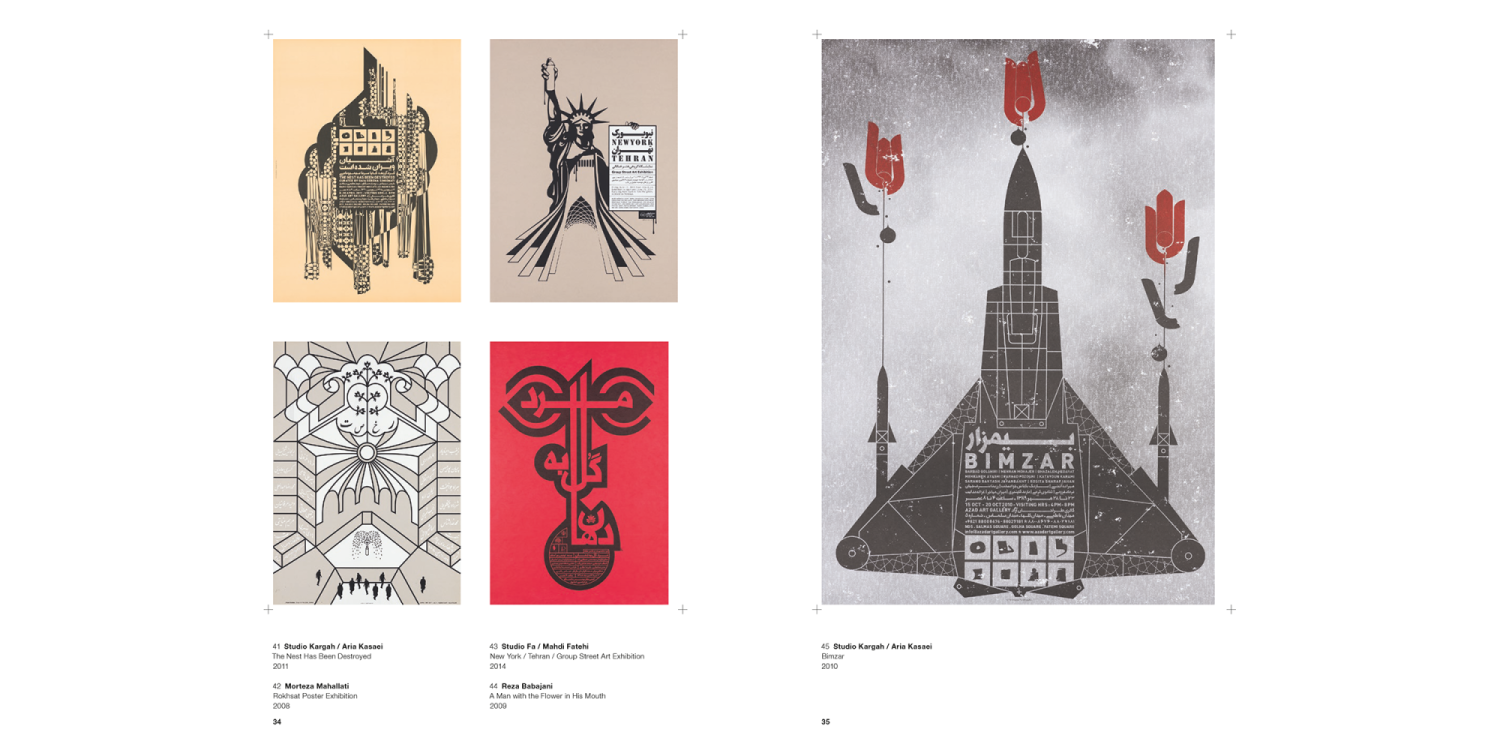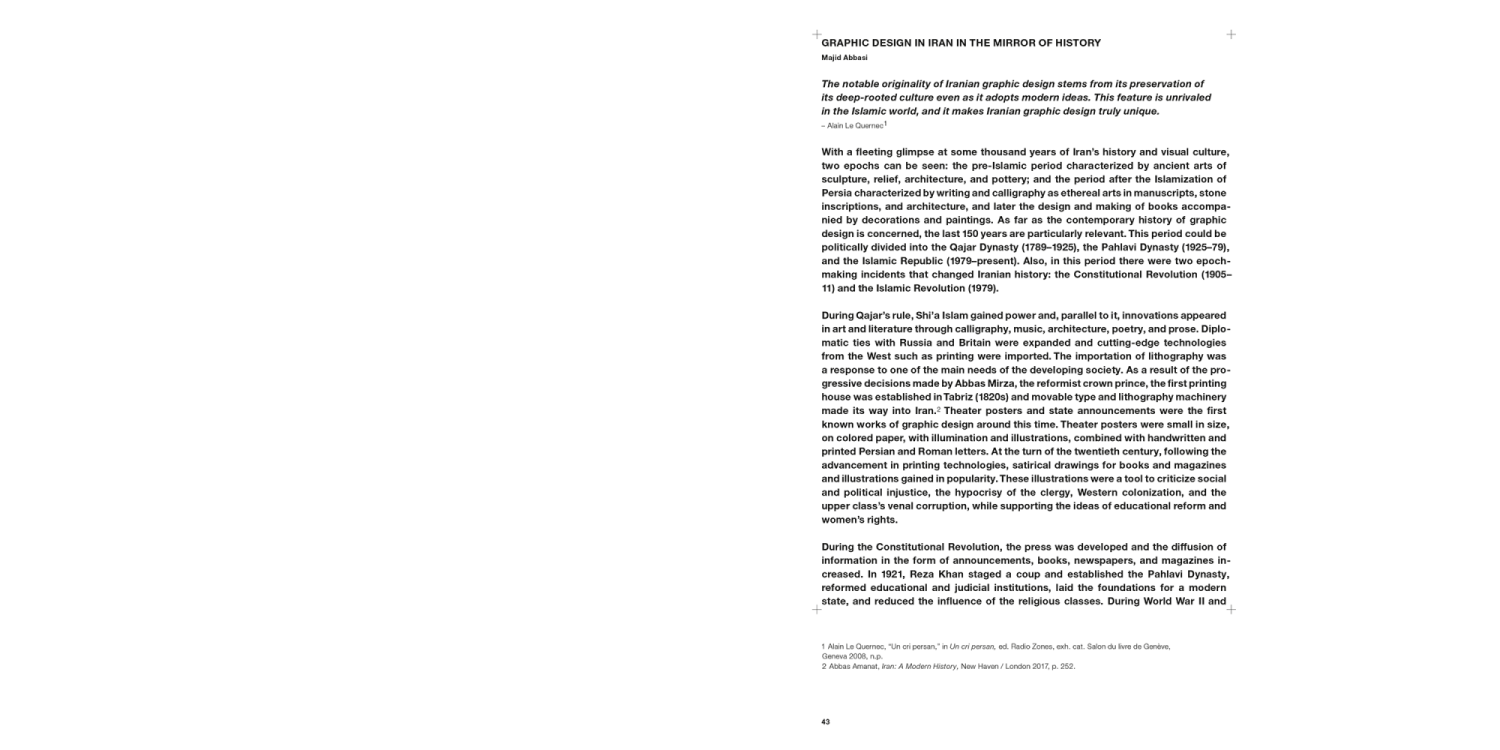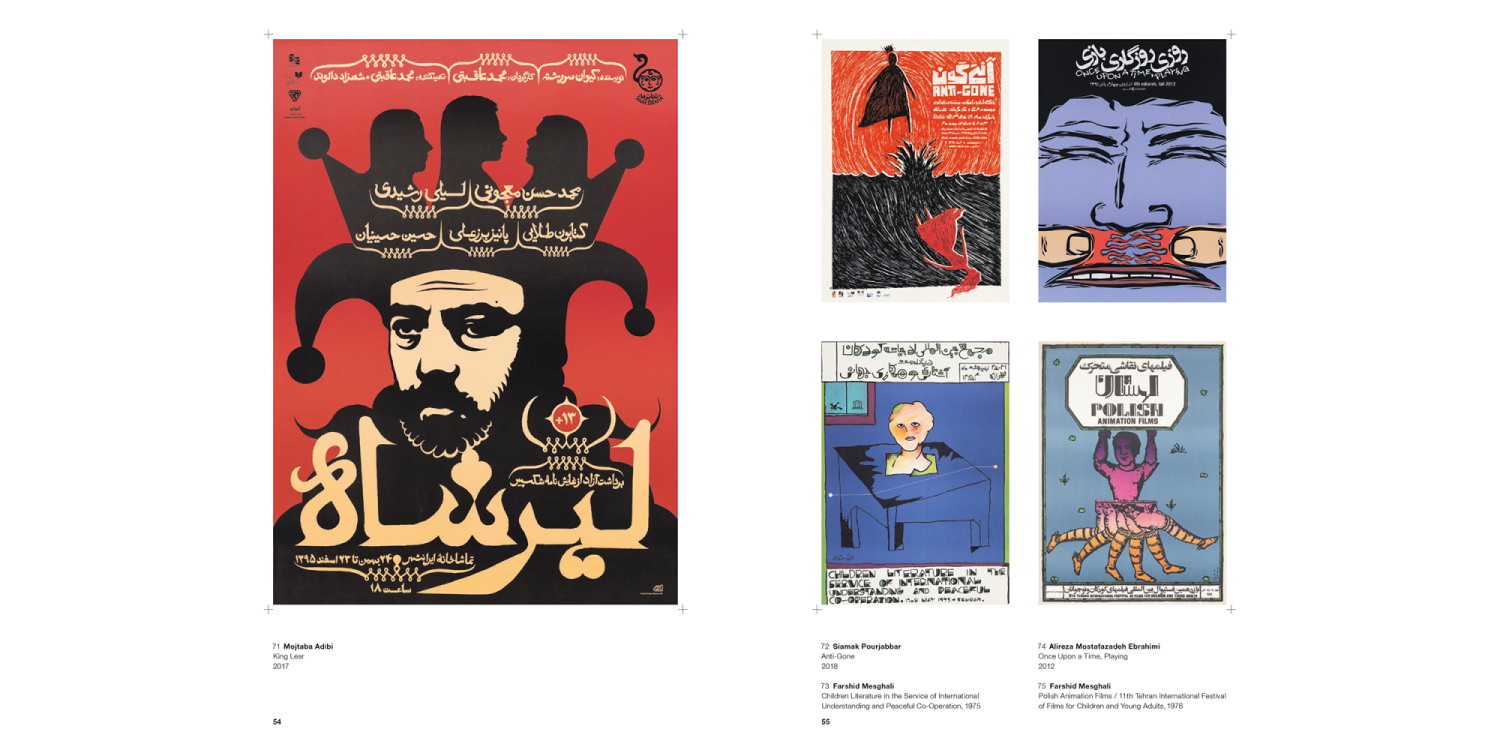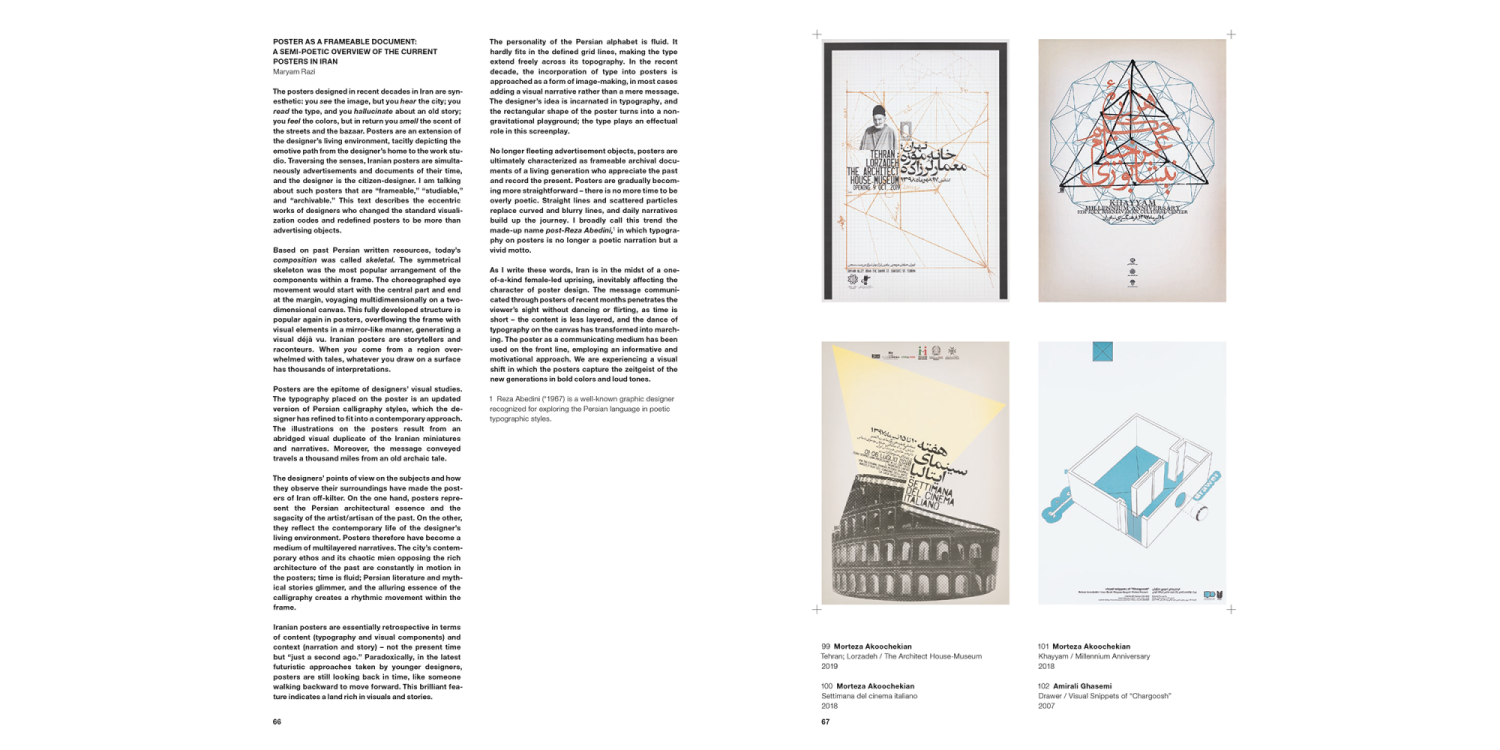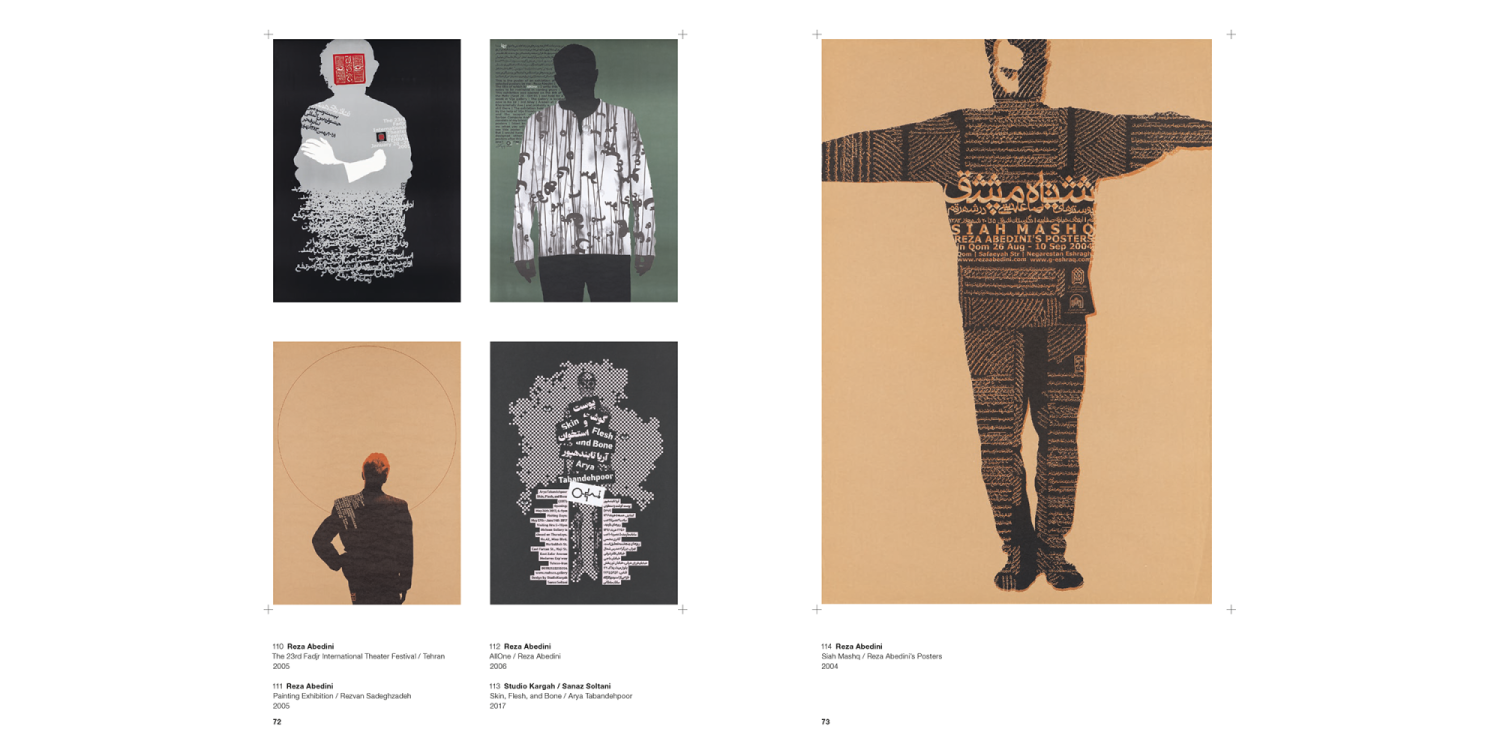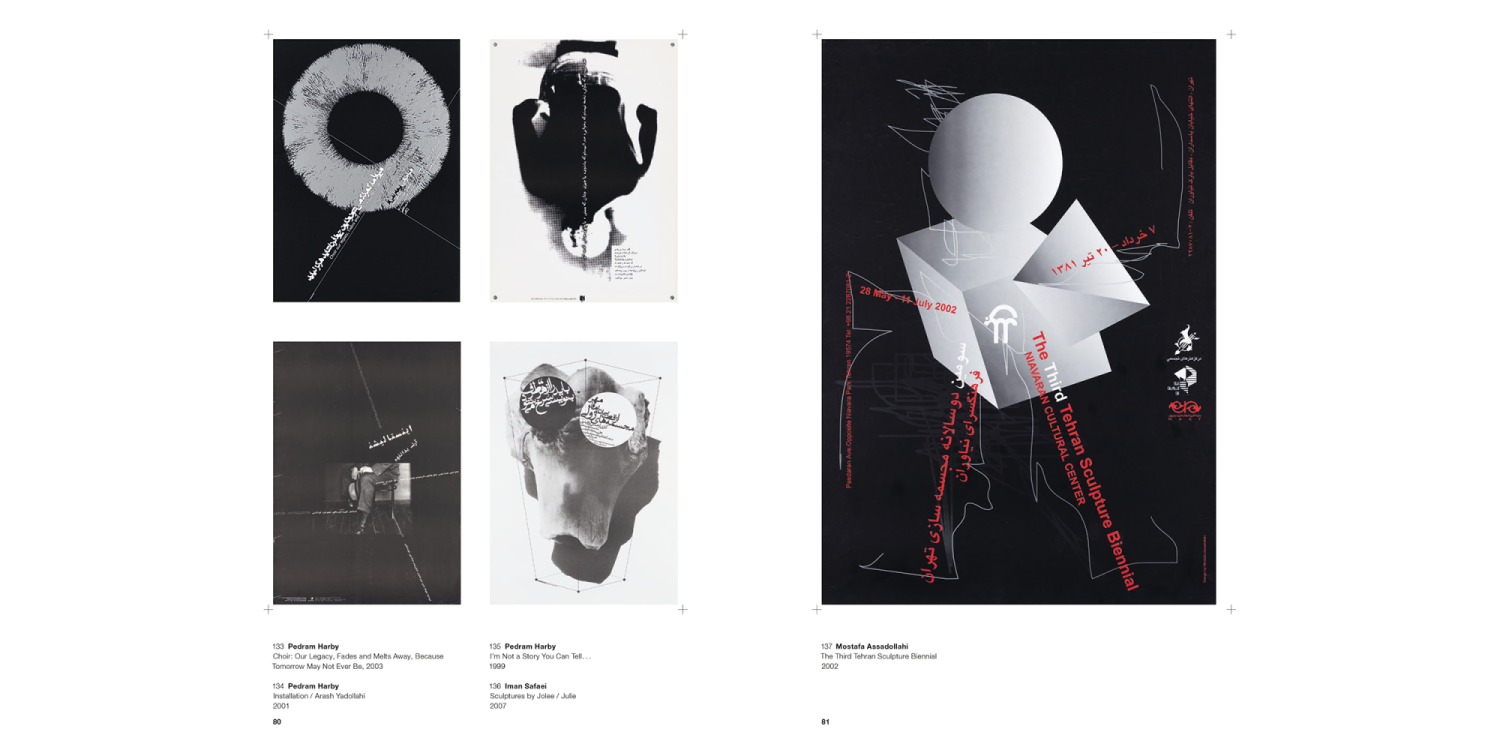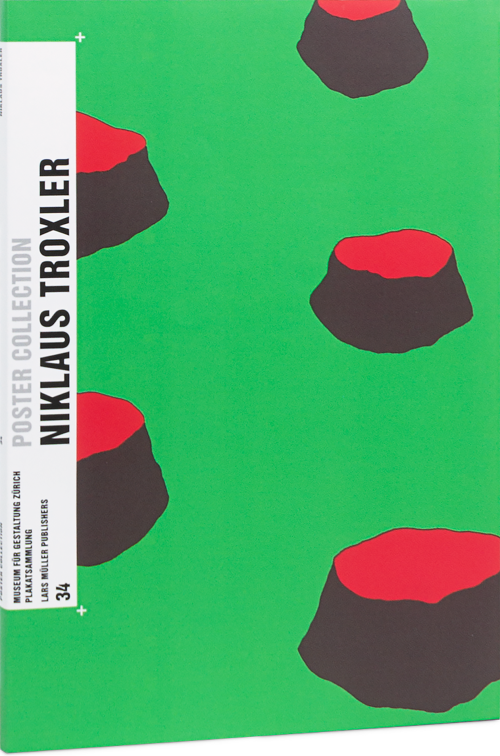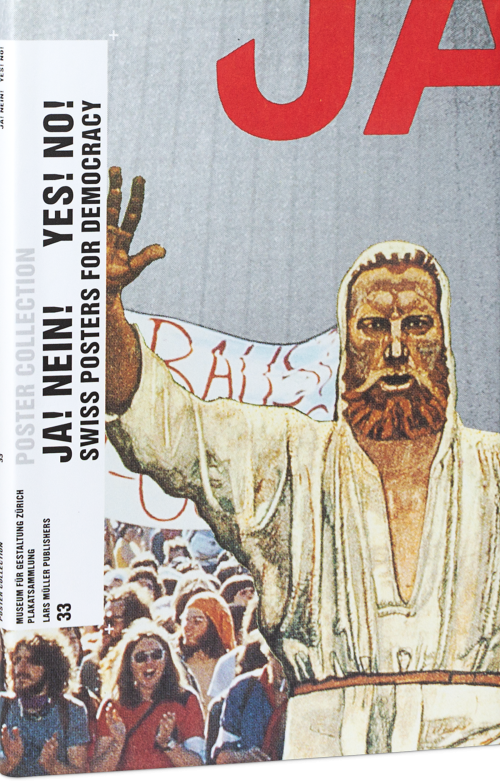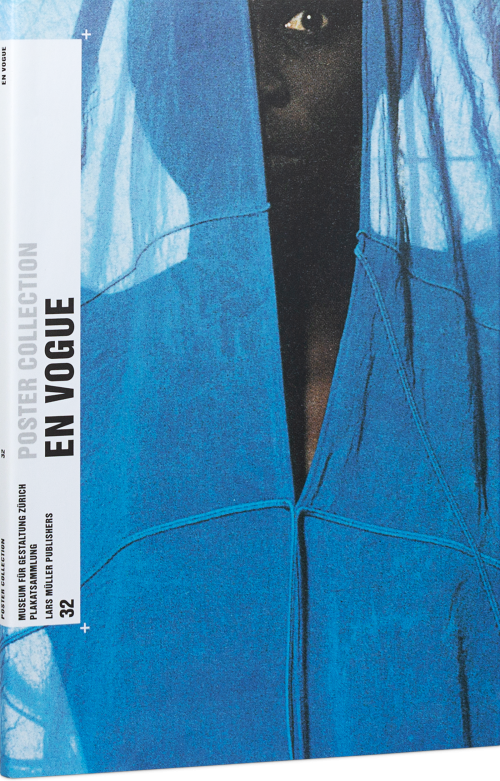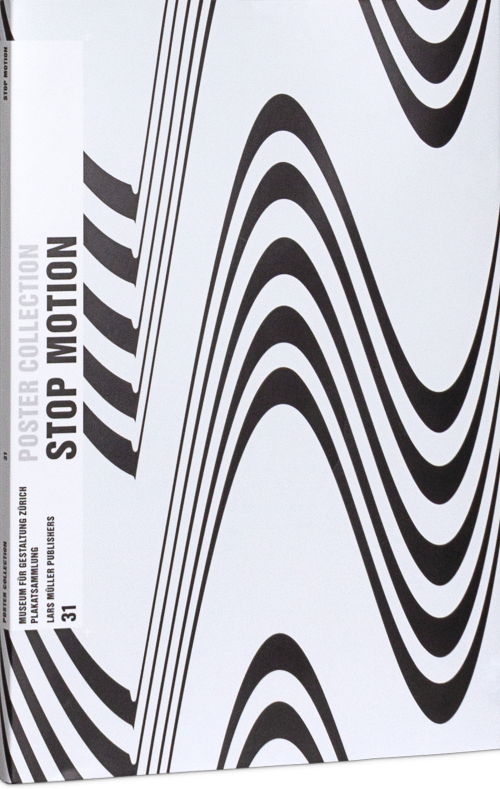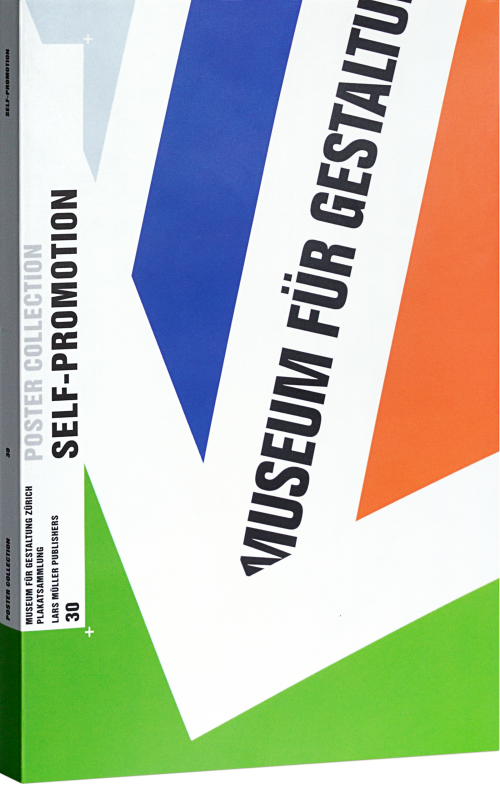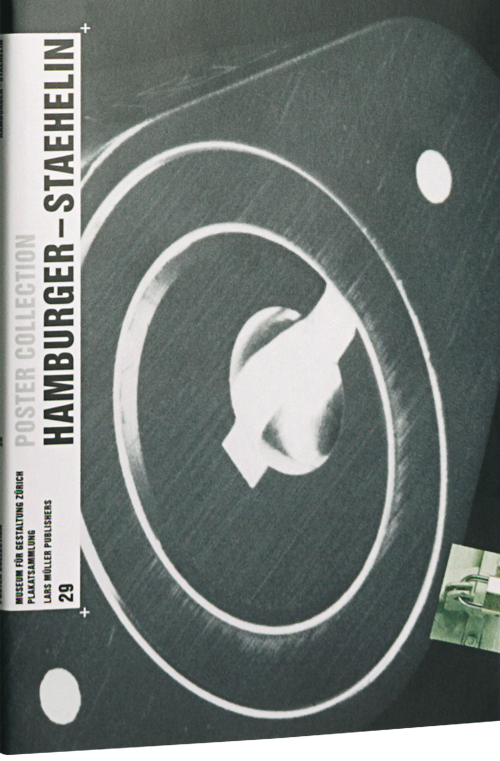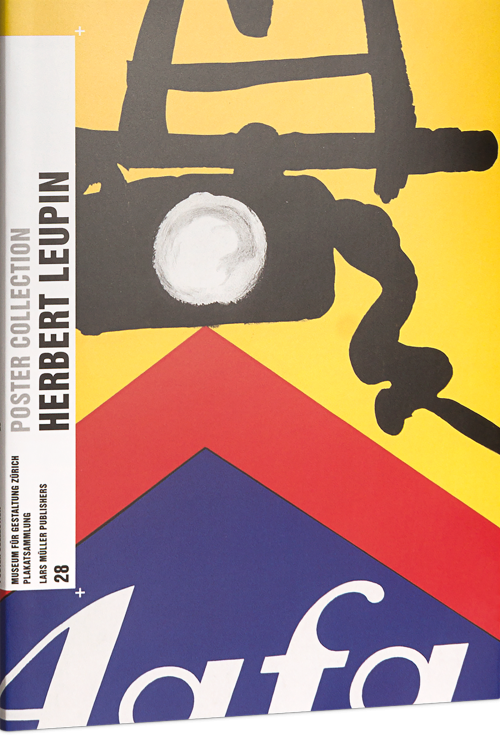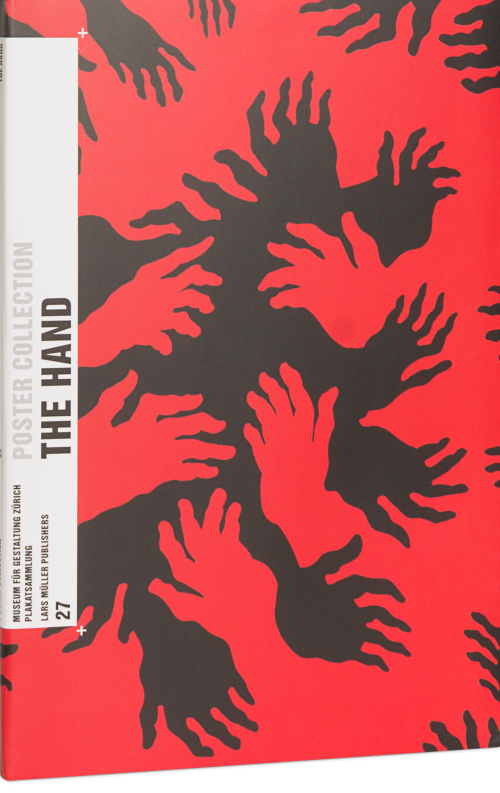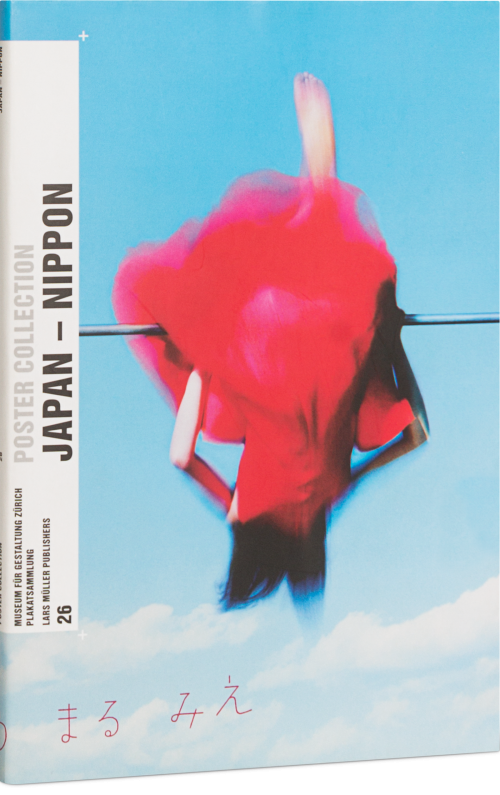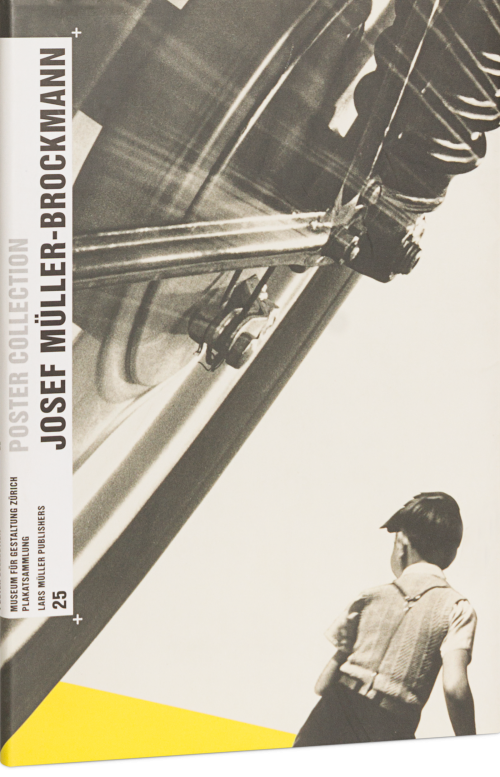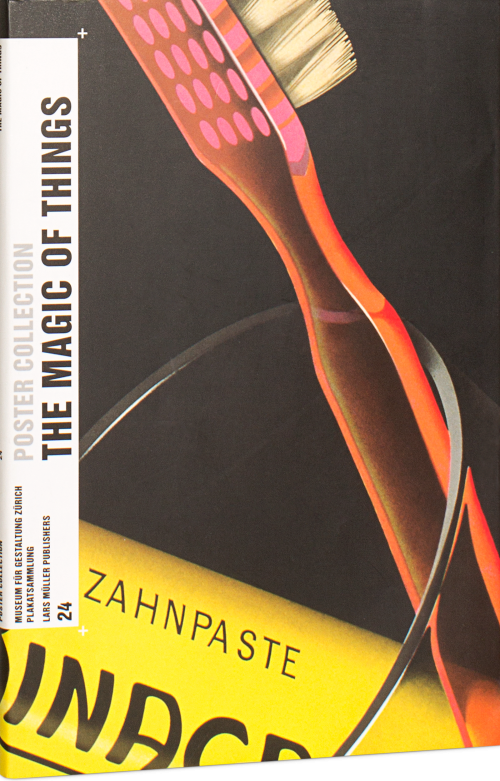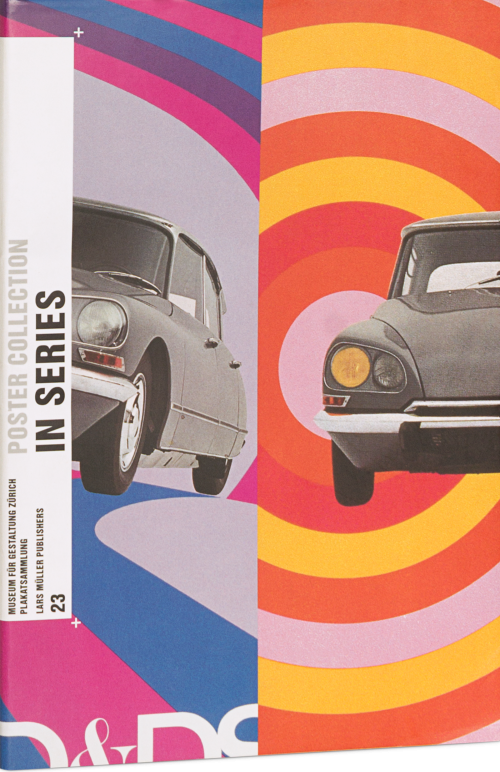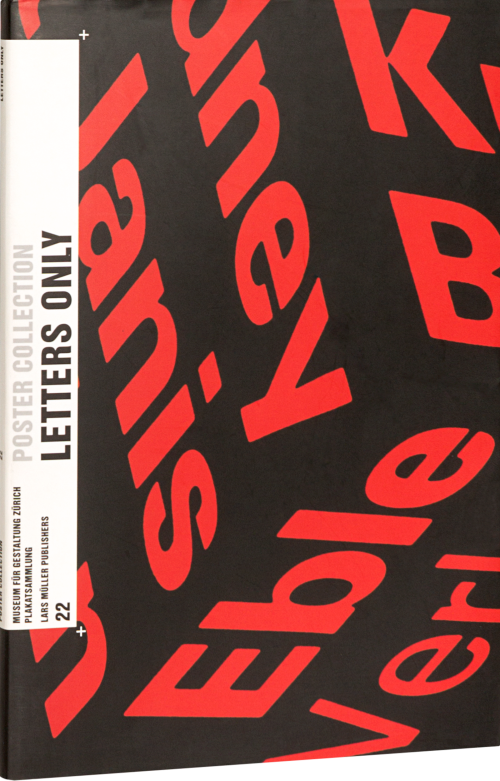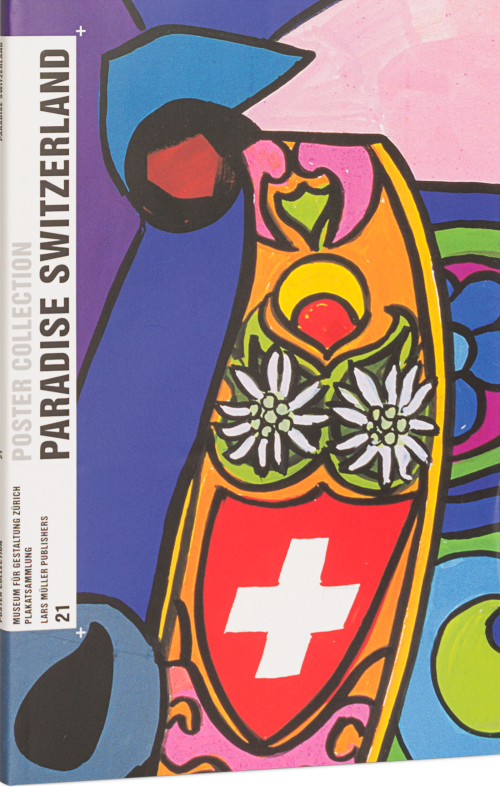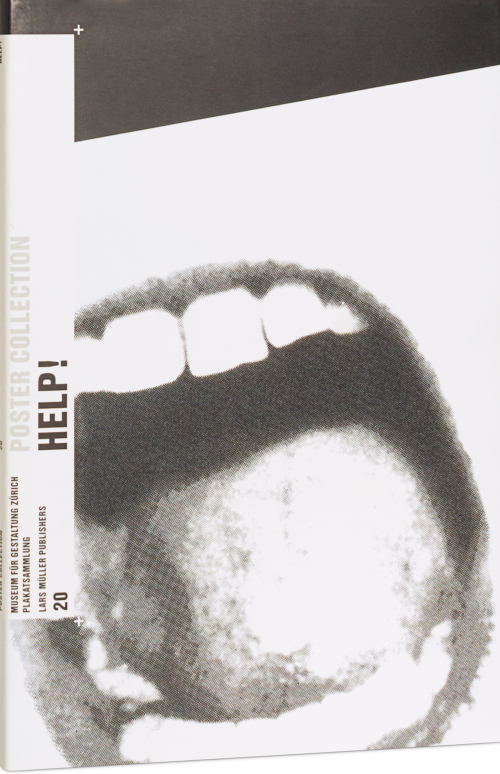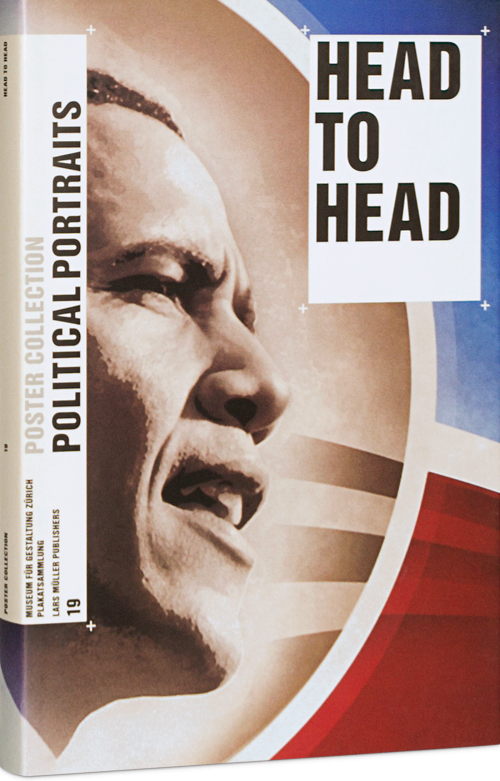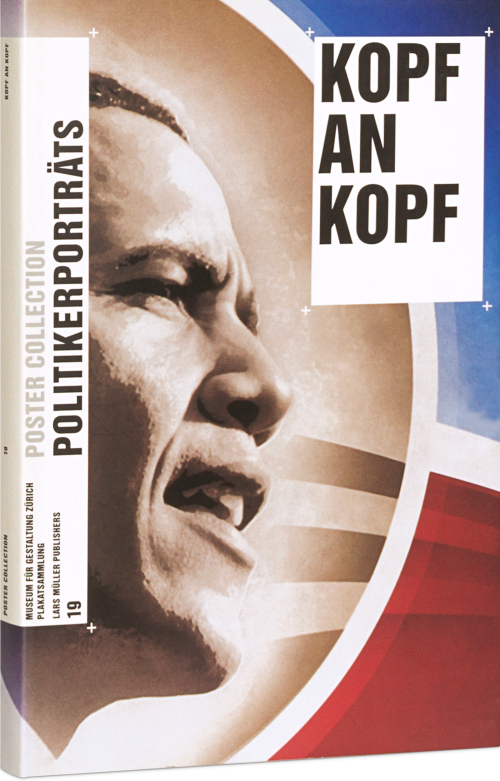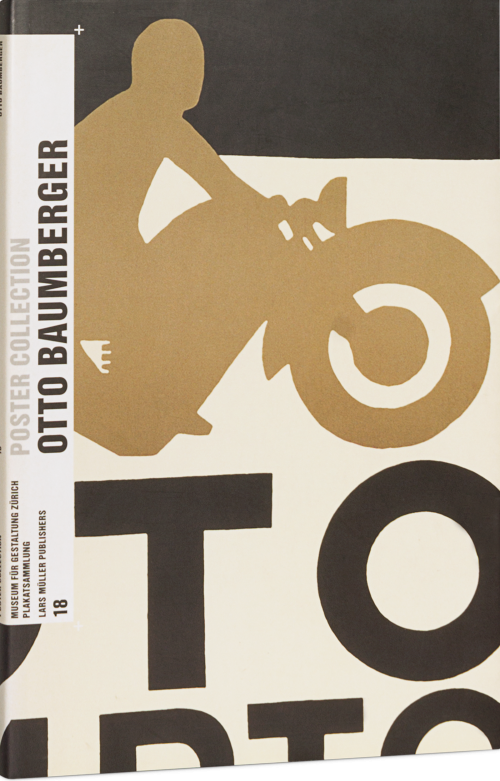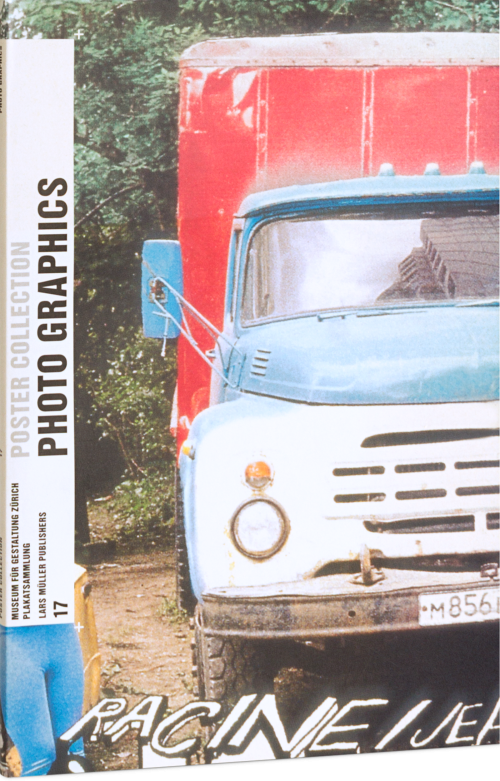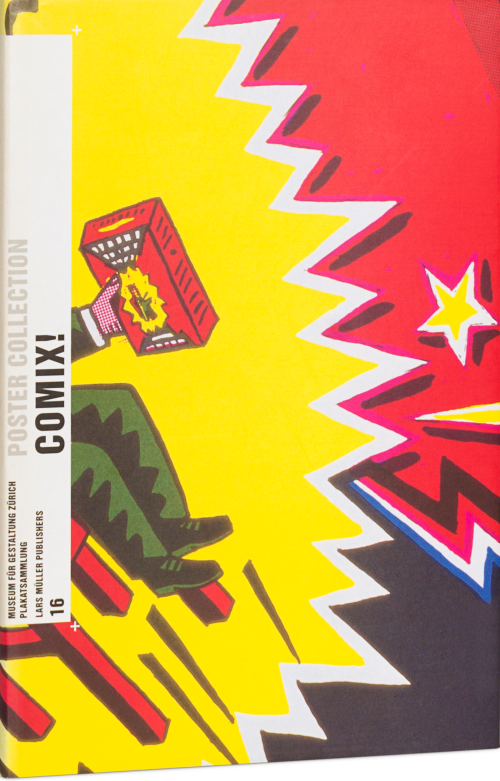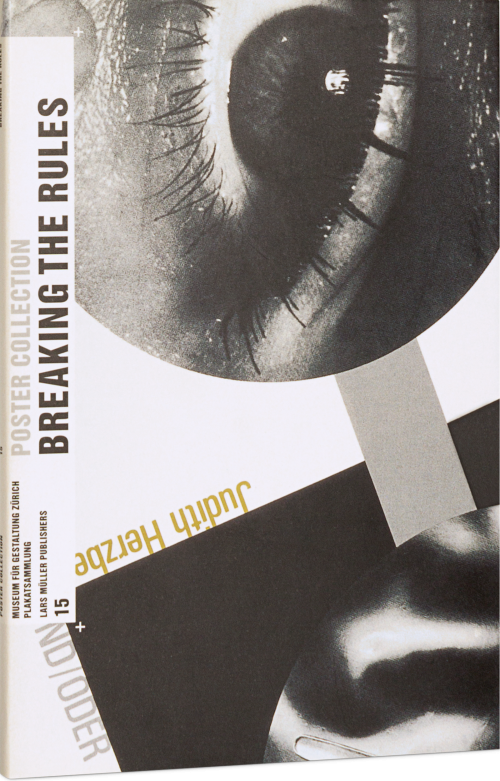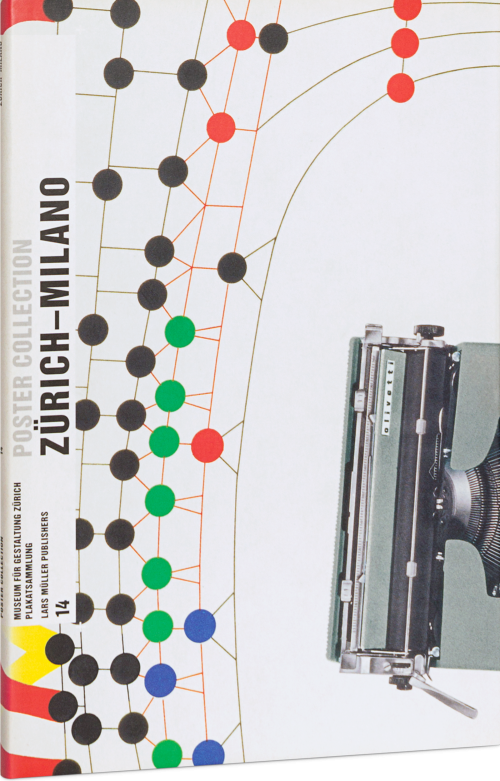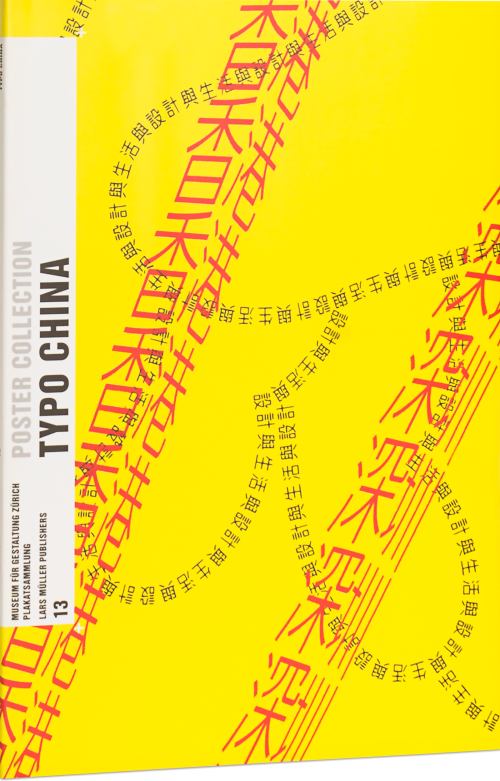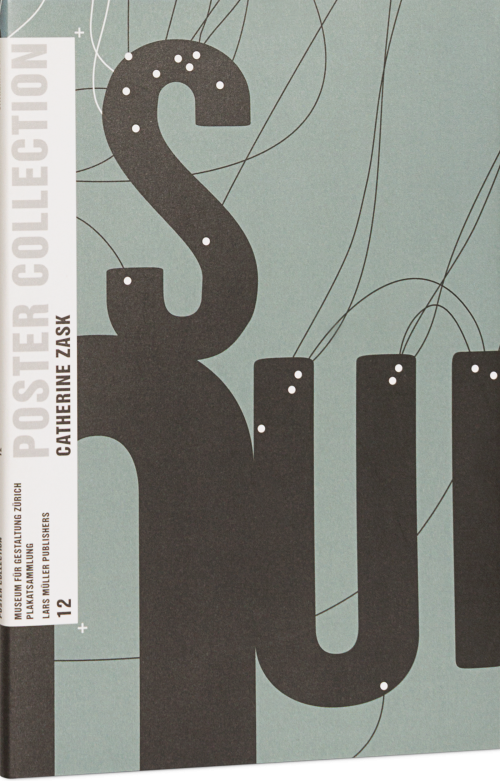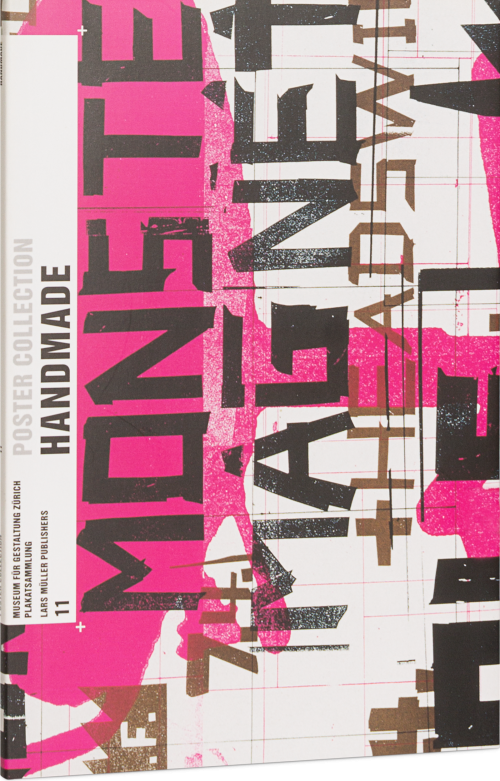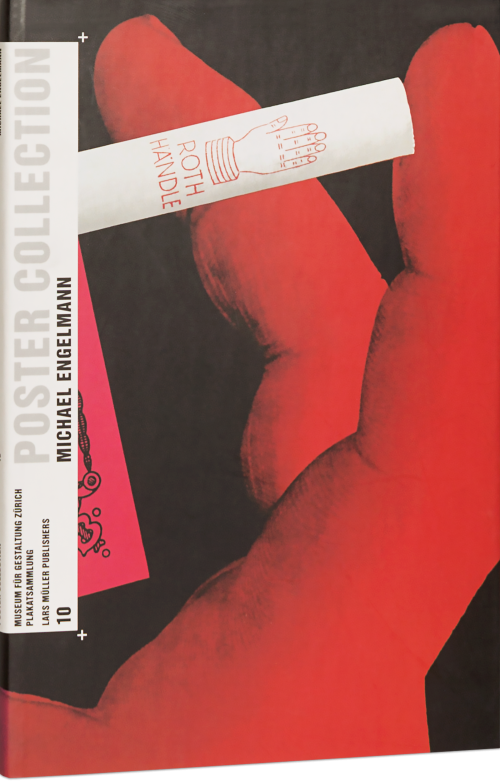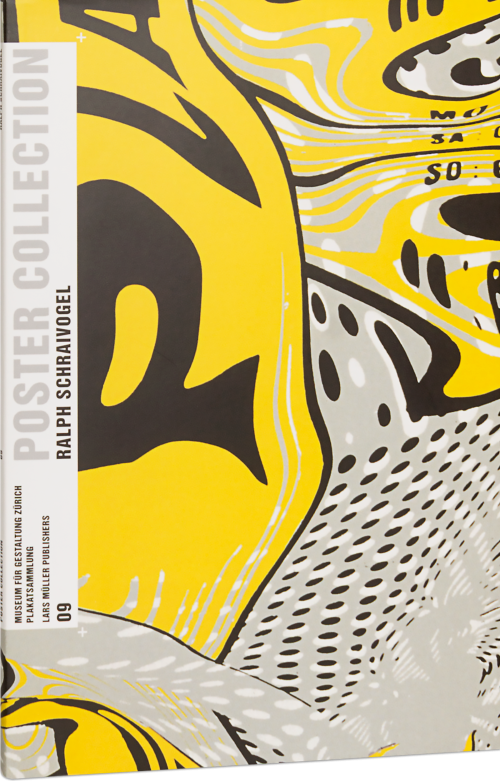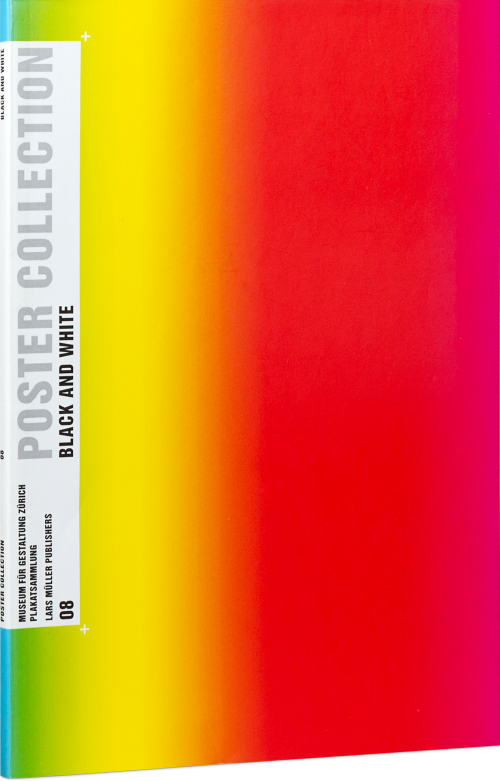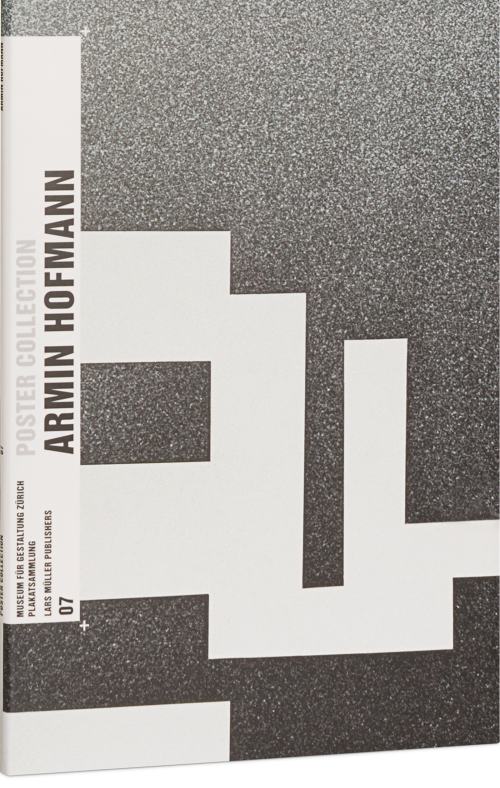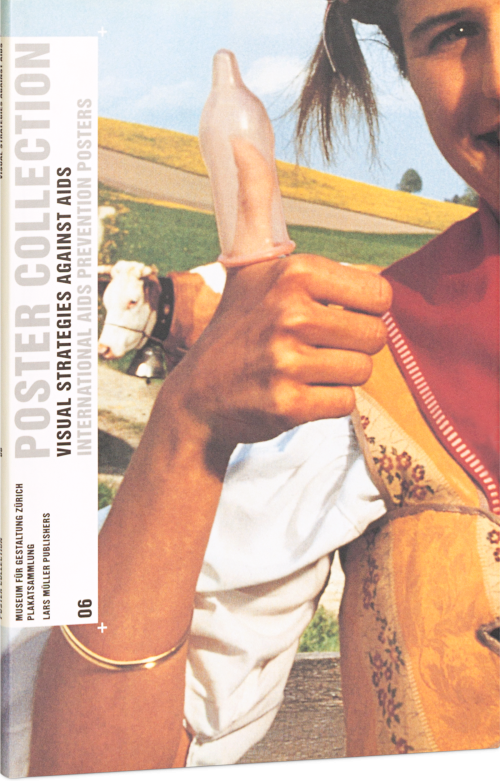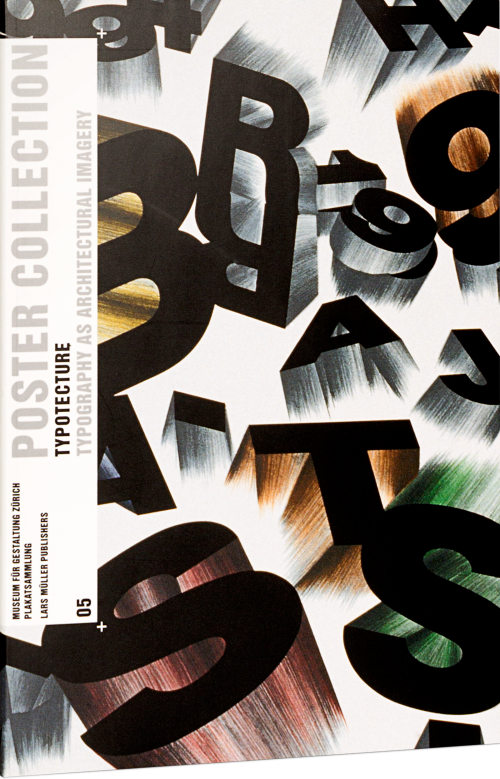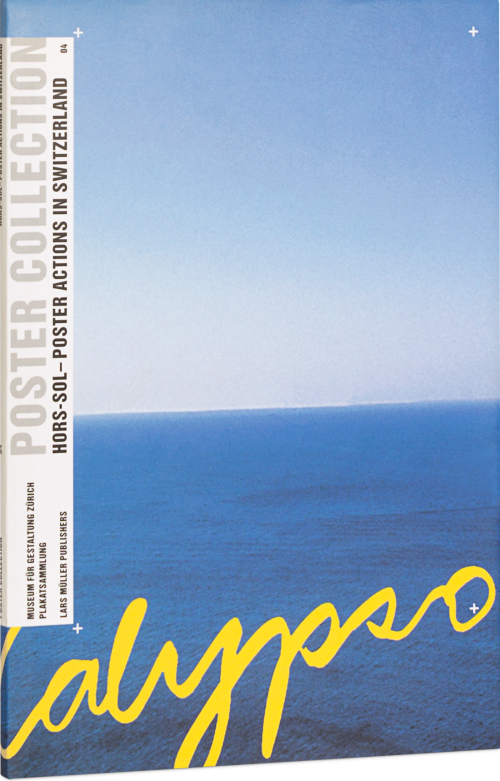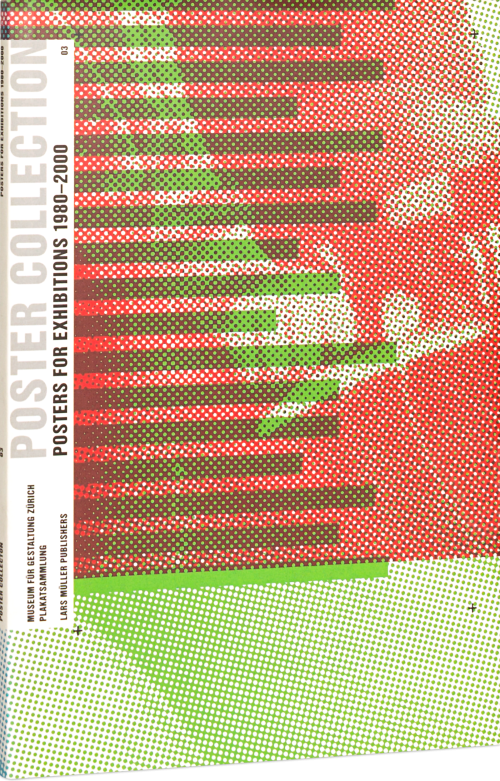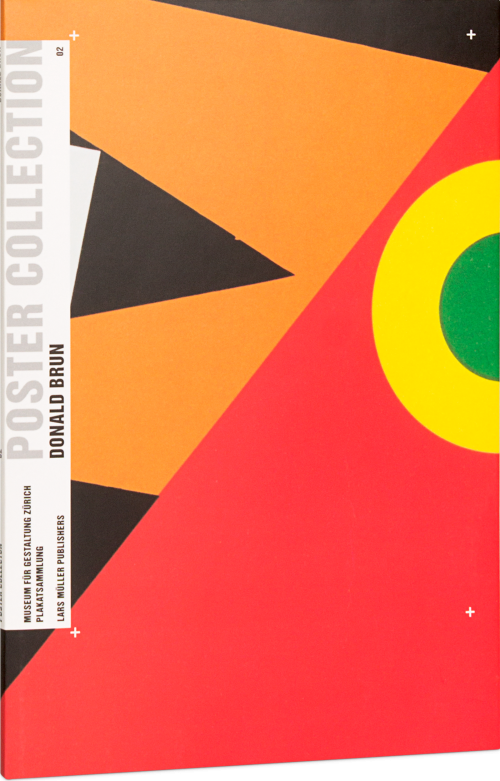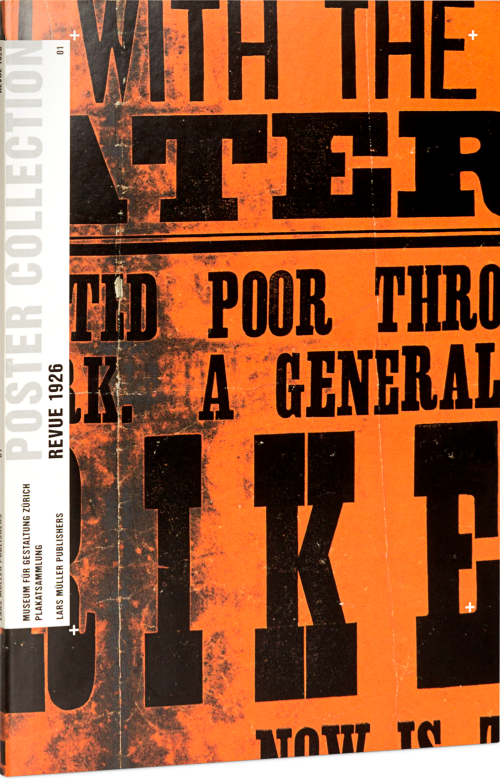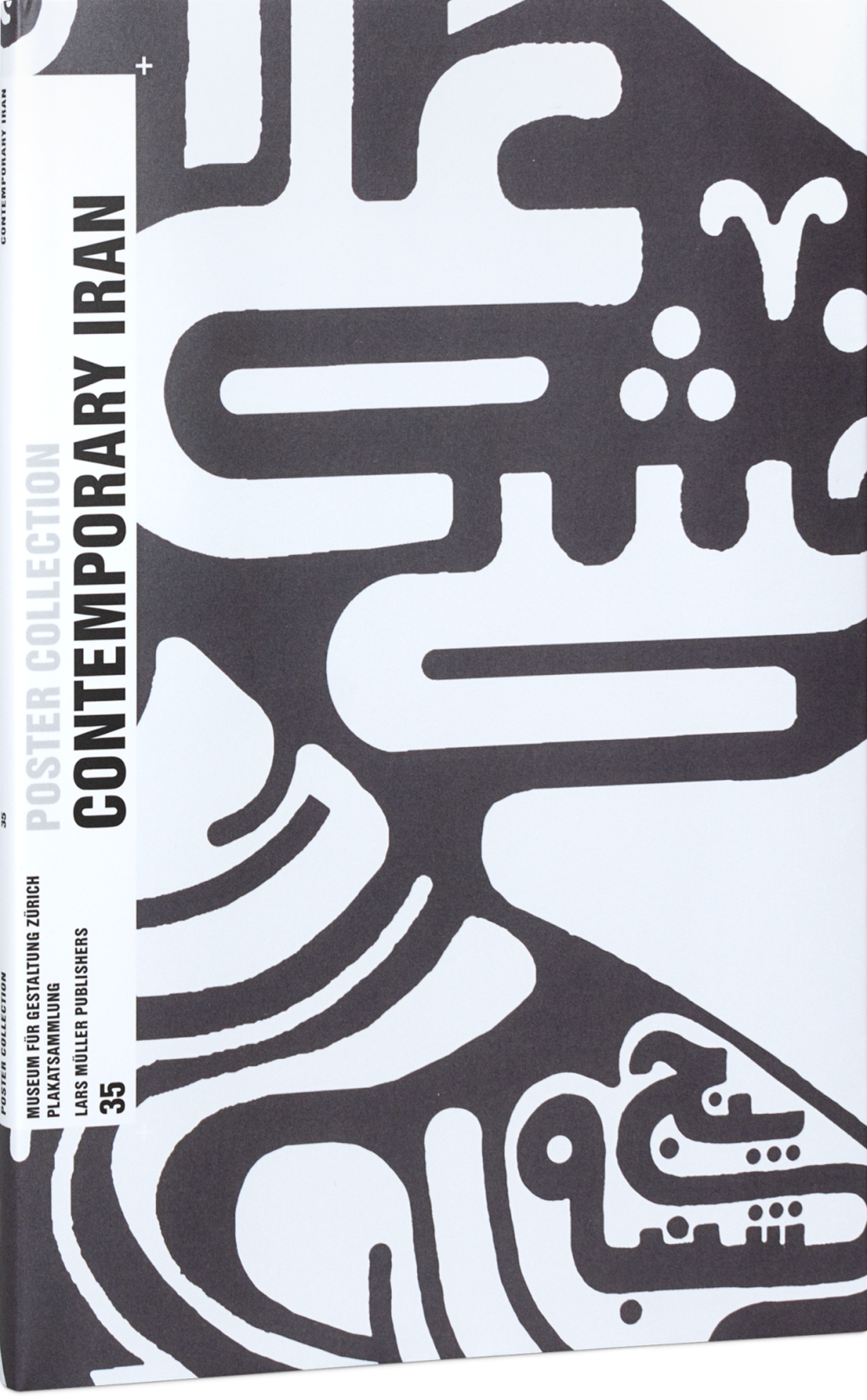
Contemporary Iran
Iranian graphic design looks back on a brief history. The first poster designers completed independent artistic training and created painterly-illustrative works in the 1960s. The simultaneous opening to the West under Shah Mohammad Reza Pahlavi promoted global cultural exchange. With the proclamation of the Islamic Republic in 1979 and the Iran-Iraq War (1980–1988), however, this was rapidly interrupted. At the end of the 1980s, a new generation of designers took up the graphic heritage of the pre-war period. At the turn of the millennium, the Iranian poster finally conquered international festivals and caused a great stir in the Western community.
Volume 35 of the Poster Collection series brings together Iranian cultural posters from 1960 to the present. Despite the many different creative approaches, they all demonstrate the search for a fusion of history and contemporaneity, Iran's own tradition and Western inspiration, art and everyday culture. An often unorthodox interpretation of Persian cultural heritage is combined with the confident use of computer-generated graphics. Thus, some posters confirm common Western notions of Islamic aesthetics while in others, these are radically undermined.
Iranian graphic design looks back on a brief history. The first poster designers completed independent artistic training and created painterly-illustrative works in the 1960s. The simultaneous opening to the West under Shah Mohammad Reza Pahlavi promoted global cultural exchange. With the proclamation of the Islamic Republic in 1979 and the Iran-Iraq War (1980–1988), however, this was rapidly interrupted. At the end of the 1980s, a new generation of designers took up the graphic heritage of the pre-war period. At the turn of the millennium, the Iranian poster finally conquered international festivals and caused a great stir in the Western community.
Volume 35 of the Poster Collection series brings together Iranian cultural posters from 1960 to the present. Despite the many different creative approaches, they all demonstrate the search for a fusion of history and contemporaneity, Iran's own tradition and Western inspiration, art and everyday culture. An often unorthodox interpretation of Persian cultural heritage is combined with the confident use of computer-generated graphics. Thus, some posters confirm common Western notions of Islamic aesthetics while in others, these are radically undermined.
This book is part of the Poster Collection series. Get the complete series here
